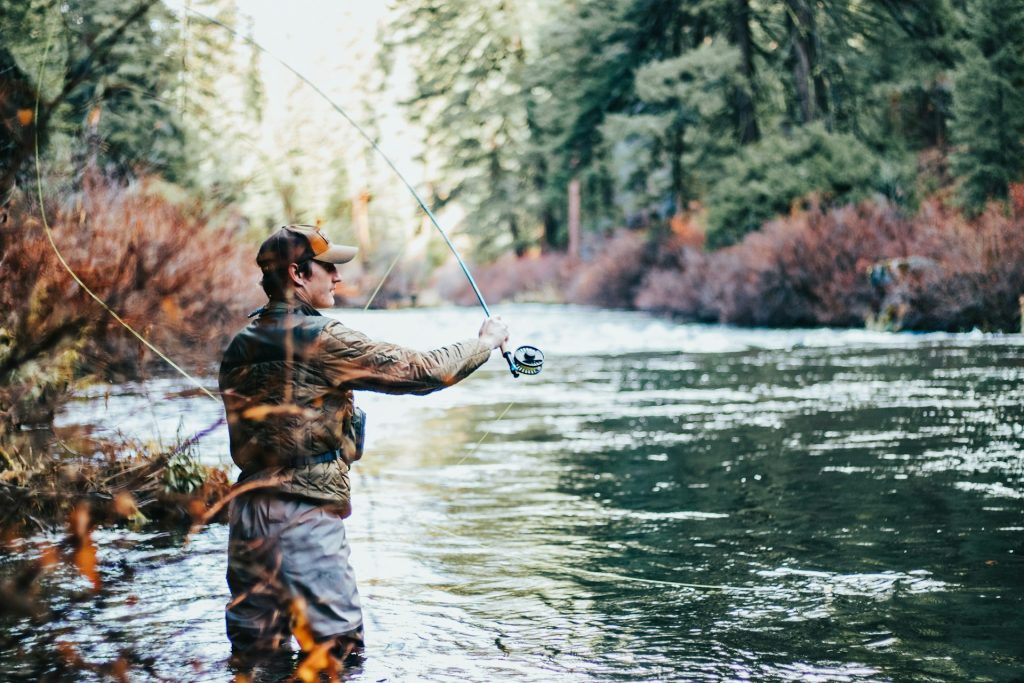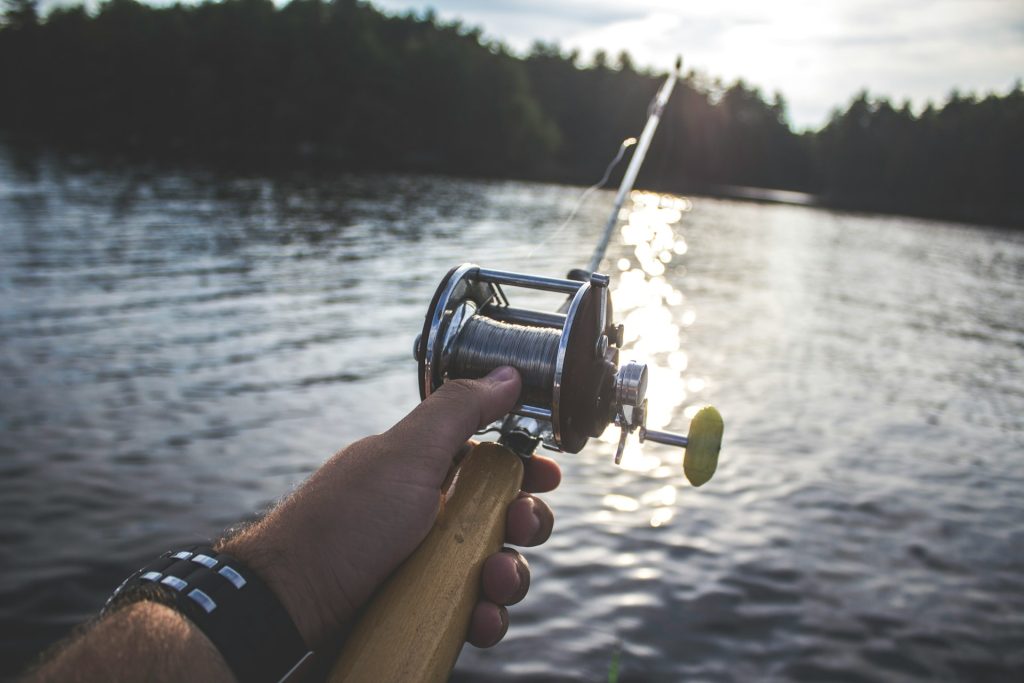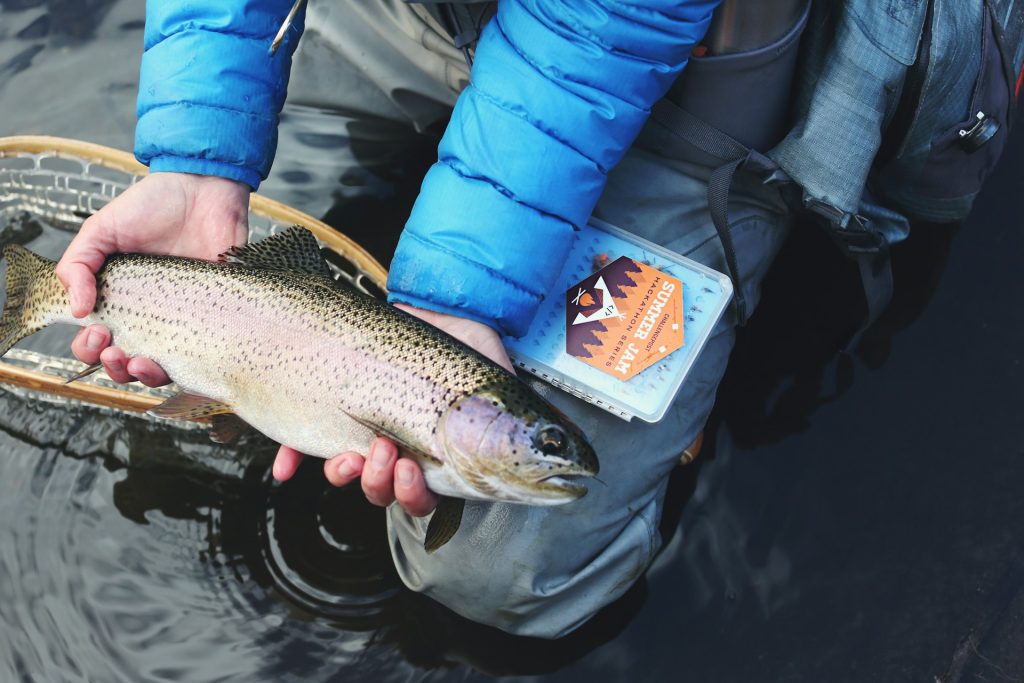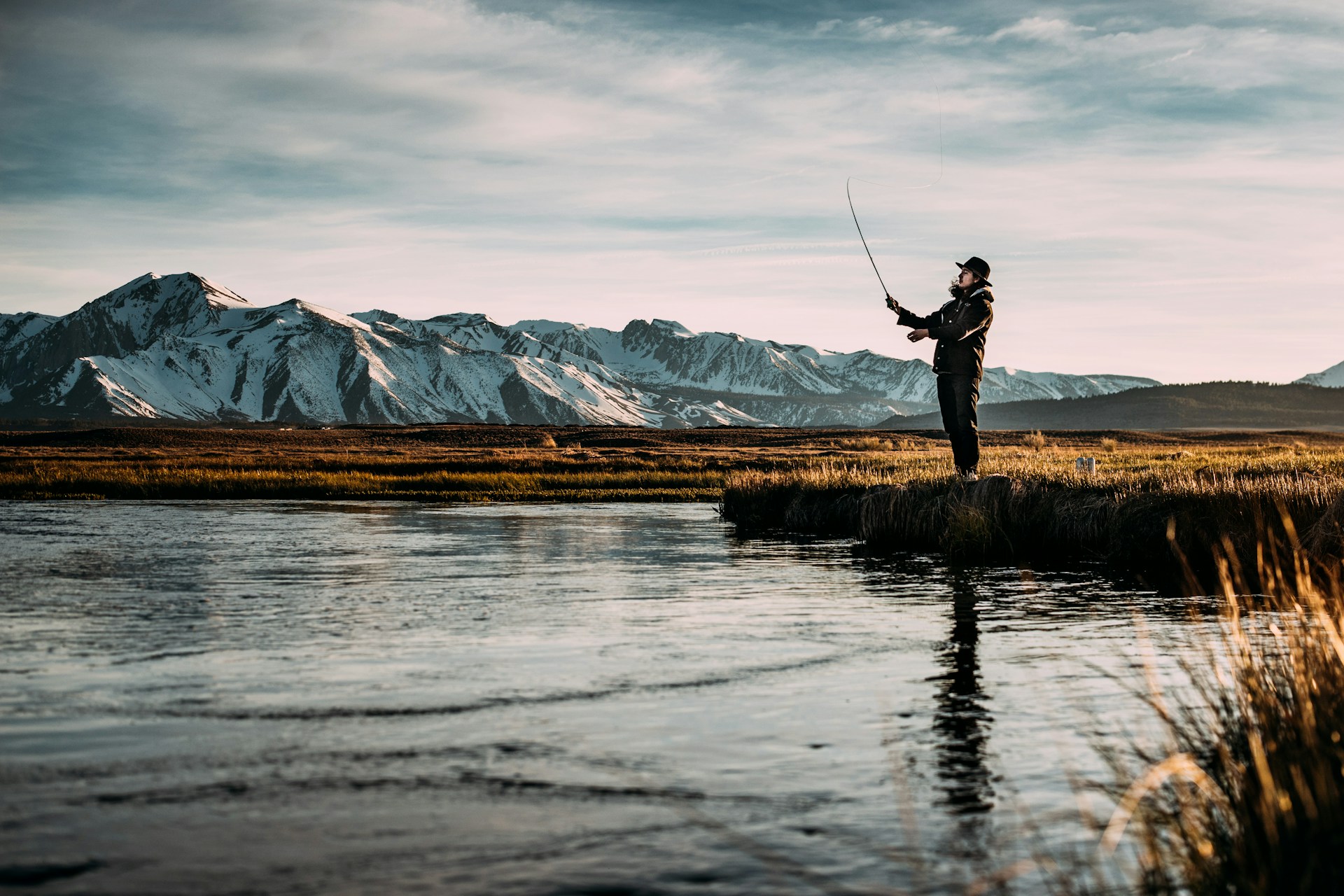Fishing, an ancient practice intertwined with human history since time immemorial, has undergone a remarkable evolution over the centuries. From its humble origins as a means of survival to becoming a beloved recreational activity, fishing has left an indelible mark on human civilization. In this article, we embark on a journey through the annals of time to explore the fascinating history of fishing and its evolution into the modern sport enjoyed by millions worldwide.

Fishing in Ancient Times: An Early Pursuit of Sustenance
The origins of fishing can be traced back to prehistoric times, where early humans devised primitive tools and techniques to catch fish for sustenance. Archaeological findings, such as carved bones depicting fishing scenes from Japan dating back to 27,000-29,000 BC, offer insights into the ancient practice of fishing. Across diverse cultures and civilizations, fishing emerged as a vital means of procuring food. From the Nile perch caught by ancient Egyptians to the woven nets used by Native Americans, fishing played a crucial role in sustaining early societies.
Technological Advancements from the 1600s to Modern Times
The evolution of fishing technology gained momentum in the 17th century, marked by innovations such as the attachment of wired loops to rods, facilitating easier casting. The subsequent centuries witnessed significant advancements, including the development of split-shaft rods by Charles Kirby and the introduction of silk lines and gut strings. The late 19th and early 20th centuries saw the emergence of bamboo rods, fiberglass construction, and the mass production of nylon monofilament lines. Carbon fiber revolutionized rod construction in the late 20th century, paving the way for stronger, lighter fishing equipment.
Modern Recreational Fishing: Balancing Tradition with Innovation
In contemporary times, recreational fishing has evolved into a beloved sport enjoyed by enthusiasts worldwide. Modern technology has transformed the fishing experience, with fish finders, GPS navigation, and smart fishing rods enhancing catch success. From sonar-equipped vessels to smartphone-compatible fish finders, anglers now have access to a myriad of tools to optimize their fishing endeavors. However, amidst these technological advancements, the age-old virtues of patience and skill remain essential elements of the angler’s craft.

Addressing Environmental Challenges: The Issue of Overfishing
Despite its enduring popularity, fishing faces environmental challenges, particularly the threat of overfishing. The proliferation of advanced fishing techniques has led to unsustainable practices and the depletion of marine resources. Concerns over overfishing have prompted calls for sustainable fishing practices, including catch-and-release initiatives and the adoption of eco-friendly gear. As awareness grows regarding the ecological impact of overfishing, there is a renewed emphasis on conservation efforts to safeguard marine biodiversity for future generations.
Looking Towards the Future: Preserving a Time-Honored Tradition
As we reflect on the rich history of fishing and its enduring appeal, we are reminded of the need to balance tradition with conservation. While technological innovations have enhanced the fishing experience, it is imperative to prioritize sustainability and environmental stewardship. By embracing sustainable practices and advocating for marine conservation, we can ensure that the timeless tradition of fishing continues to thrive for generations to come.

Fishing is a fascinating chapter in the story of human cleverness and flexibility. It started out as just a way to get food, but over time, it’s become a hobby that lots of people love. Throughout history, fishing has sparked the curiosity and passion of countless individuals. Today, as we face the challenges of the modern world, it’s important to remember the roots of fishing and to protect the oceans that have given us so much. By choosing to fish responsibly, we’re not just looking after the sea’s riches; we’re also keeping alive the age-old human tradition of overcoming obstacles and thriving against the odds.





